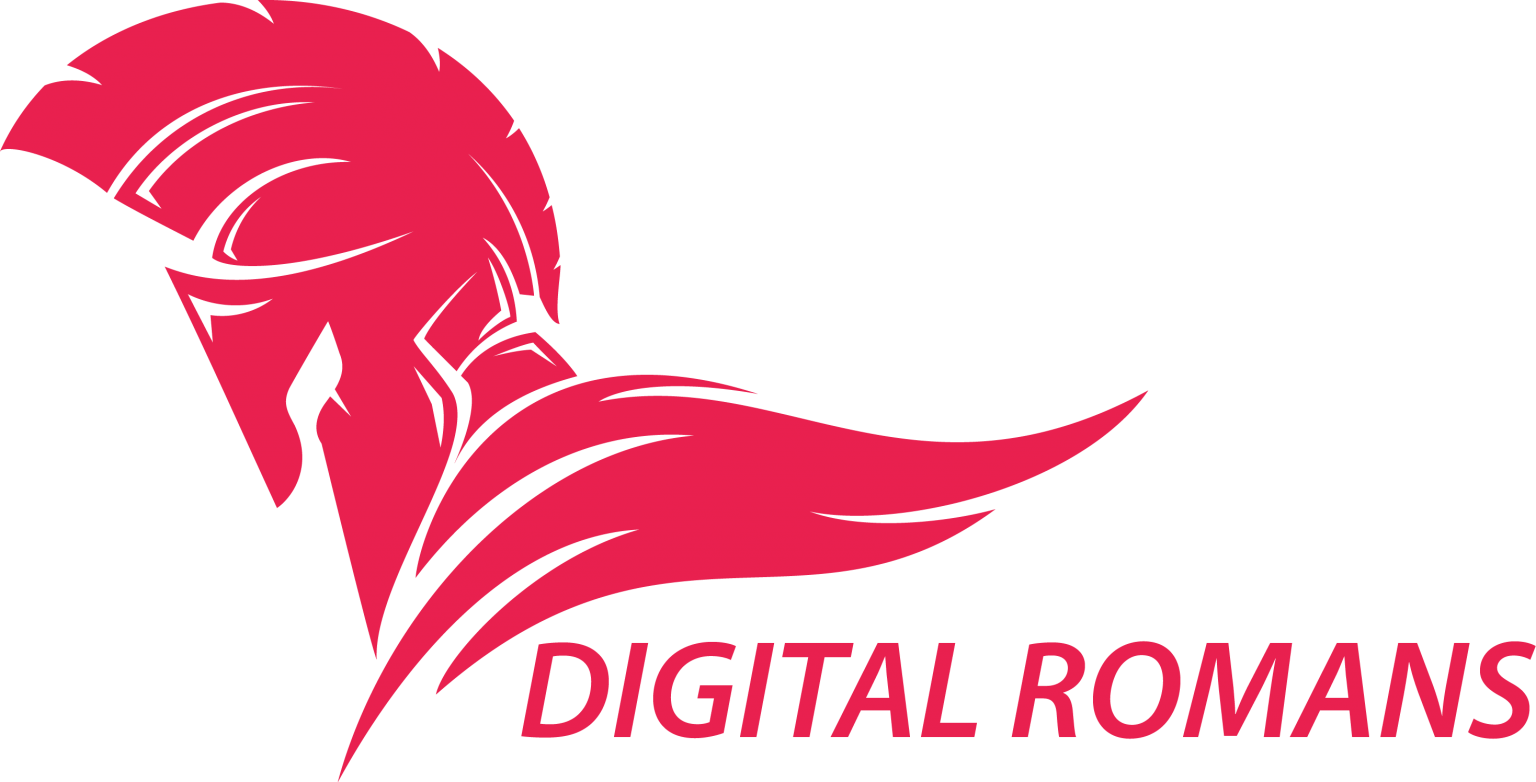Competition in every business and sector has made them invest in digital transformation to gain an edge over others. It has helped them grow globally and contribute more to the world. E-commerce marketing agencies can certainly make the most out of digital transformation with the rise in online sales. We all know how consumer behaviours are changing and shifting to digital attributes. So, the e-commerce sector can gain significantly out of digital transformation. Suppose you are thinking about how this post can assist you with all the answers. Let’s read on.
Here is the E-commerce Marketing Agencies
Enhanced Personalization through AI and Data Analytics
How AI and Data Analytics Can Enhance Personalization?
- 80% of customers are now more likely to shop with brands that provide personalized experiences based on their preferences
- 70% of online shoppers now expect brands to understand their individual needs and offer tailored product recommendations
- On average, personalized product recommendations see a 20-30% increase in click-through rates compared to non-personalized listings
- AI-powered personalization allows retailers to increase their average order values by over 10% through upselling complementary products
One of the core focuses of e-commerce marketing agencies has been to offer superior personalization to boost customer engagement and drive higher conversion rates. With the advancement of AI technologies and the exponential growth of online data, agencies now have a wealth of customer and market insights available. Leveraging machine learning algorithms, agencies can analyze user preferences, shopping patterns, metadata, and demographics to understand target audiences at an individual level. This granular customer data enables agencies to segment audiences and tailor marketing communications accordingly precisely.
For example, an agency can recognize if a prospect is in the research or consideration stage of their purchase funnel based on their online activities and serve relevant content. Similarly, purchase histories and browsing data help agencies design personalized content, recommendations, discounts, and targeted display ads to re-engage existing customers. AI has also allowed for the customization of website experiences based on location, time of day, device used, and more. Such hyper-personalized experiences have become extremely effective in boosting clients’ online sales.
Omnichannel Marketing Strategy Implementation
The lines between online and offline channels have blurred significantly, with digitally savvy customers demanding smooth omnichannel experiences. E-commerce marketing agencies are adept at crafting holistic omnichannel strategies that integrate traditional marketing mediums with emerging digital touchpoints. For instance, an agency can recommend running TV commercials promoting an online flash sale and driving viewers toward the brand’s website. Social media ads showcasing new arrivals can prompt customers to check inventory and make purchases on the retailer’s mobile app.
Empowerment through Cloud Technologies and API Integrations
Cloud computing and open API infrastructure have bestowed e-commerce marketing agencies with agility, scalability, and collaborative capabilities. Cloud-based marketing automation, analytics, and CRM platforms grant agencies elastic provisioning of resources on-demand based on project needs without upfront capital investments. This flexibility has been pivotal amid fluctuating workloads and changing market conditions, especially post-pandemic.
Customizable API libraries built by agencies further expedite integrations and time-to-market for new technologies. Overall, cloud and API-driven infrastructures have strengthened agencies’ agility, control, and ability to deliver personalized 1:1 experiences at scale.
Advanced Programmatic Advertising Architectures
Programmatic Advertising With Digital Transformation
- Over 60% of all digital display ad spending is now traded through programmatic platforms in real-time auctions
- On average, programmatic campaigns see conversion rates that are 30% higher than non-programmatic online advertising
- Implementation of first-party data strategies through DSPs helps lower CPM rates by 20-30% while improving viewability by over 15%
- Granular audience targeting across the web, apps, and connected TVs using programmatic ensures almost 90% of ads are viewed by highly relevant buyers
With accelerated digital adoption, programmatic advertising has become mainstream for precisely targeting audiences across screens. E-commerce marketing agencies play a vital role in architecting and executing complex programmatic strategies. They apply sophisticated algorithms, audience segmentation techniques, and market intelligence to identify high-intent buyer personas across ad exchanges. Agencies then leverage demand-side platforms and data management platforms to purchase targeted ad placements across publishers, social networks, search engines, and video channels in real-time auctions.
Simultaneously, they employ sell-side platforms and retailer ad servers to monetize their clients’ media inventory. This allows hyper-personalized retargeting at each stage of the customer journey on behalf of brands. Agencies also implement cookie-less strategies using contextual signals, on-site interactions, and offline purchase data to reach audiences in a privacy-compliant manner. Programmatic advertising has played a pivotal role in aiding modern direct response, brand lift, and hybrid campaigns through its precision, scalability, and optimization capabilities.
360 Degrees in Social Media Management
Social networks have become indispensable for e-commerce companies seeking authentic customer engagement. Marketing agencies provide end-to-end social media services ranging from online reputation management and community building to paid social advertising. Their social media managers craft nuanced content calendars aligning with seasonal trends, cultural events, and retail cycles. Agencies leverage creative design suites to craft visually appealing organic posts, carousel ads, stories, videos, and interactive formats. To engage followers, they encourage two-way conversations through contests, polls, chats, and user-generated content.
Agencies also run comprehensive influencer partnerships and affiliate programs to generate word-of-mouth promotions. At the same time, paid social campaigns managed by agencies leverage audiences’ social behaviors, shared interests, and geotags for precisely boosting relevant product pages. Continuous testing and optimizing campaigns based on varied objectives such as awareness, engagement, consideration, and conversion further strengthens their ROI. Social customer care services by agencies have additionally built brand affinity through prompt issue resolutions across networks.
Implementation of IoT and Wearable Technologies
The proliferation of connected devices has introduced several interactive touchpoints for e-commerce. E-commerce marketing agencies help brands capitalize on these new interfaces through IoT strategies. For instance, connected home appliances from a retailer can be integrated with voice assistants promoting accessories on command. Fitness trackers and smartwatches incentivizing workouts can highlight matching sports apparel.
Agencies also explore beacon implementations for on-site navigation, contextual messages, and contactless payments. These interactive campaigns powered by IoT complement omnichannel experiences while strengthening data fidelity. Agencies even prototype novel concepts like virtual/augmented retail stores using spatial technology and smart mirrors, empowering customers to try out products virtually before making a purchase. Over time, emerging interfaces will augment online retail in innovative ways, which agencies remain at the forefront of exploring through technology partnerships, pilots, and implementations.
Real-time Marketing with Predictive Insights
Digital transformation is driving an urgent need for real-time marketing adaptations as customers now expect hyper-relevant communications matching their location and mindsets. E-commerce marketing agencies are well-versed in wielding predictive analytics to identify customer intents, derive actionable insights, and execute campaigns on short notice. For instance, an agency recognizes upcoming holidays, long weekends, or seasonal events from historical sales data and scheduled ad refreshes days in advance featuring Gift guides, deals, and product bundling ideas.
They also interpret weather forecasts, predicting sudden drops in temperature and promoting winter wear collections with urgency. At a micro-level, agencies can now recommend products to e-shoppers browsing complementary items within milliseconds of page loads based on similar prior purchases. Such anticipatory and authentic contextual experiences have become highly engaging while strengthening relevance. As technologies like predictive AI, machine learning, and IoT expand, marketing agencies will continue pioneering innovative instant solutions to deepen consumer connections.
Data-Driven Optimization & Reporting
At the core, digital marketing is centred around making continual enhancements based on performance data. E-commerce marketing agencies have streamlined optimization processes through built-in analytics platforms and custom dashboard implementations. Their dedicated analytics teams continuously assess varied metrics corresponding to objectives like website traffic, conversion funnels, campaign engagement levels, audience retention rates, and average order values.
Agencies leverage multivariate testing and A/B split testing frameworks for hypothesis-driven improvements by modifying creative elements, copy, placements, call-to-actions, etc. This experimentation aids agencies in maximizing ROI yields. Additionally, customized reports provisioned for clients highlight granular insights on consumer behaviors, bottleneck stages, top/underperforming campaigns, and return on ad spend breakdowns. Combined with actionable recommendations, regular optimization cycles help refine targeting, prioritize high-converting strategies, and capitalize on evolving industry and economic trends on an ongoing basis.
Expanding In-House Capabilities
A progressive sign of digital transformation within agencies is their focused expansions into newer service verticals. Many aggressively augment organic capabilities in emerging domains like AI consulting, blockchain solutions, voice commerce, AR/VR, data science, match integration, CRM administration, server management, and UX design. They also establish dedicated departments for scalable functions like demand generation, affiliate marketing, web development, and quality assurance testing.
Simultaneously, strategic collaborations and M&A activities enlarge their expertise pools, global footprints, proprietary solutions, and access to emerging markets. Thi
s allows agencies to deliver end-to-end digital transformations rather than piece-meal projects and substantiate their value propositions. Comprehensive multi-channel lifecycle support has consequently strengthened client retention while attracting new business from wider industries. Ultimately, these expansions future-proof agencies to remain dedicated partners throughout clients’ evolving digital journeys.
Final Thoughts
In this digital era, e-commerce marketing agencies have exhibited immense dynamism in innovating their value systems to survive constant disruptions. Their refined strategies encompass an orchestra of connected technologies, platforms, behavioral data sets, and execution nuances working cohesively. So, all you need is the support of the right digital transformation service provider to give your eCommerce business an edge. Good luck!

